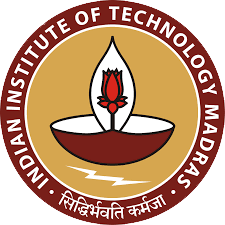Prof. Deborah Greaves
University of Plymouth, UK

The Collaborative Computational Project on Wave Structure Interaction (CCP-WSI) and Blind Test Series
Date: 23.11.2020; UTC Time: 9:00 AM- 10:00 AM
The Collaborative Computational Project on Wave Structure Interaction (CCP-WSI) is funded by the Engineering and Physical Sciences Research Council (EPSRC). Complex wave structure interaction (WSI) challenges are significant in the offshore renewable energy sector and in the protection of coastal communities, both of which are strategic priorities for the UK. Established in 2015, the CCP-WSI’s overarching aim is to build a community of researchers and developers and to provide a focus for software development and code rationalisation with applications in these UK priority areas. In doing so, the CCP-WSI provides strategic leadership for the WSI community, and generates impact through strategy-setting, knowledge transfer, and the development of strategic software and its support. It was recently awarded a further five years of funding to bring together the communities of Computational Fluid Dynamics (CFD) with Computational Structural Mechanics (CSM) to tackle further complex applications for wave structure interaction in coastal and offshore engineering.
A wide range of numerical models are available to designers and developers of machines and structures operating in the marine environment and undergoing interaction with water waves. The CCP-WSI Blind Test Series’ have been devised to provide better understanding of the level of model fidelity needed to simulate the interaction of waves with offshore and coastal structures and the trade-off between computational efficiency and model complexity. The Blind Tests encompass an assessment of the applicability and variability in use of different numerical codes used for WSI simulations with recommendations for their use in design. Published and promoted through the CCP-WSI, numerical modellers are invited to use their numerical codes to simulate a series of specific WSI problems covering a wide range of relevant complexities.


